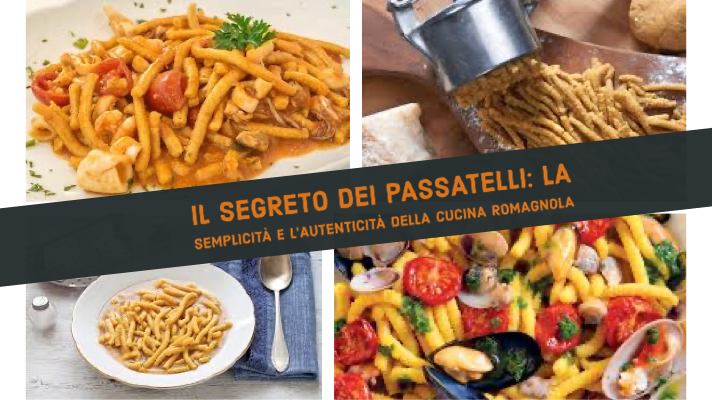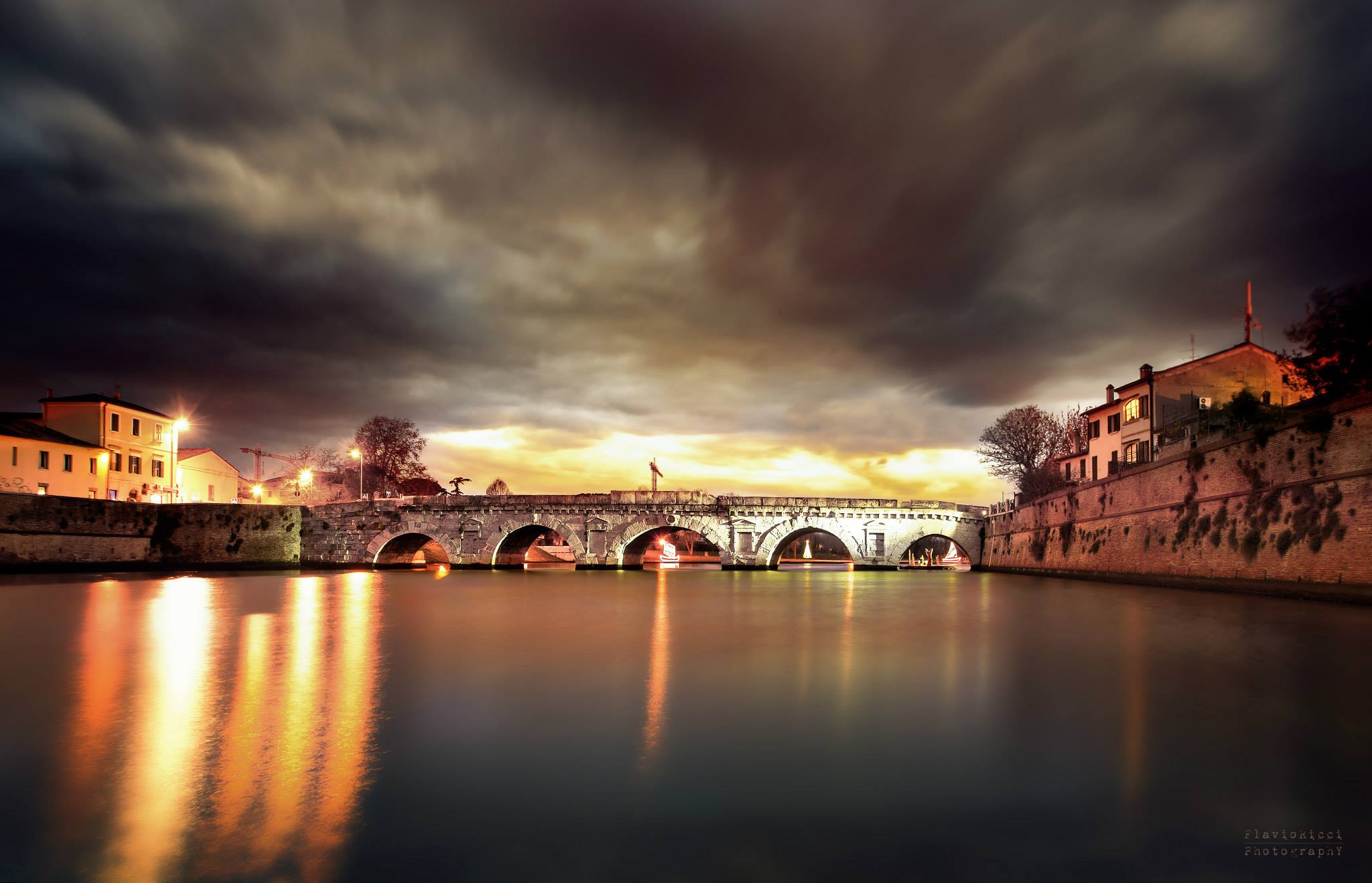
The secret of passatelli: the simplicity and authenticity of Romagna cuisine
Today I want to take you on a journey to discover one of the most famous dishes of Romagna: the Passatello.
To help you understand what we’re talking about, I ask you to close your eyes for a moment.
Now, imagine yourself in a typical osteria in Rimini, with the aroma of meat broth filling the air.
You’re eagerly waiting to taste a dish with an ancient story, made of tradition and passion.
Now open your eyes, and in front of you appears a plate of passatelli.
You’ll immediately notice those rough, homemade strands, with a yellowish color and an intoxicating aroma.
Their shape is a bit like vermicelli, but the texture is different—more rustic, rougher to the touch.
If you enjoy them dry, you’ll see them stick together, almost hugging each other, like a soft pillow of pasta.
But if you taste them in broth, those strands will melt, expand, and dance in the hot water like little jellyfish, ready to embrace you in a warm, comforting hug.
It will feel like tasting a family dish—one that takes you back in time and makes you feel at the center of the world.
That’s why passatelli is one of Romagna’s most beloved dishes: it’s not just a meal, it’s a feeling, a cuddle for the soul.
But enough talk. Let’s discover Rimini’s “secret” recipe.
Making passatelli is simple, but choosing the right ingredients is essential to achieve the perfect result.
For 4 people, you’ll need:
- 200 g breadcrumbs
- 3 eggs
- 100 g grated Parmesan cheese
- A pinch of nutmeg
- Vegetable broth (as needed)
First, combine the breadcrumbs, Parmesan, and nutmeg in a bowl. In another bowl, beat the eggs and add them to the breadcrumb mixture.
Mix well until you get a smooth, compact dough.
Now, take a coarse grater and place it over a pot of vegetable broth.
Using a spatula, press the dough through the grater, so that the pasta strands fall directly into the pot.
Cook for about 10 minutes, until the passatelli rise to the surface.
But the story of passatelli is even more fascinating than the recipe.
The exact origins of this pasta are unknown, but it’s said to have evolved from tardura, a traditional Romagna soup made from stale bread, eggs, Parmesan, and meat broth.
Even today, in the most traditional homes, passatelli are served at Easter, alongside cappelletti, which are typical of Christmas dinner.
That’s why at Aqua Hotel, you’ll find a version of this iconic local dish on our menu every week.
If you want to return to Rimini, check out the Aqua Hotel offers at this link:
AQUA HOTEL 4 STARS RIMINI OFFERS
I’ll be waiting for you in Rimini.





